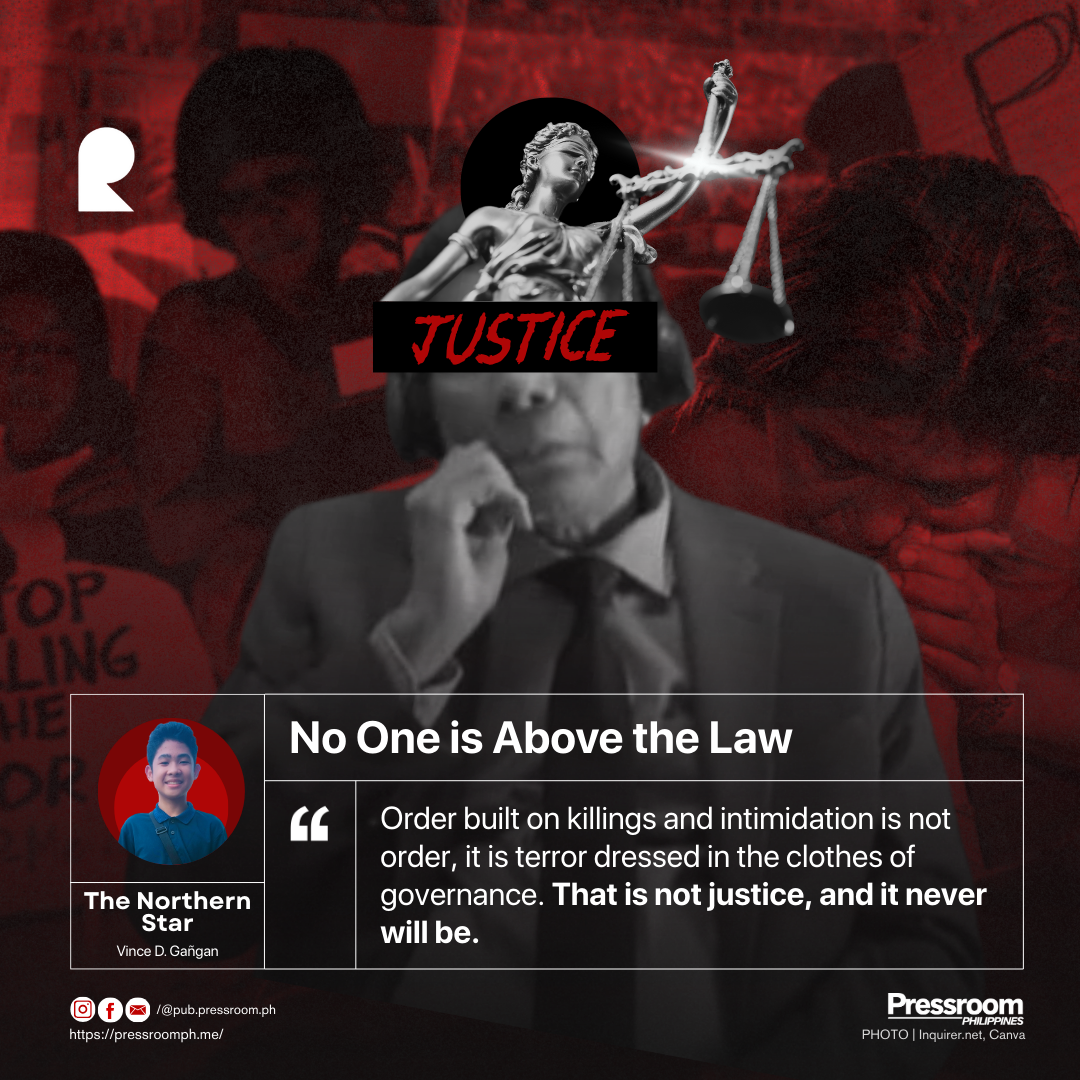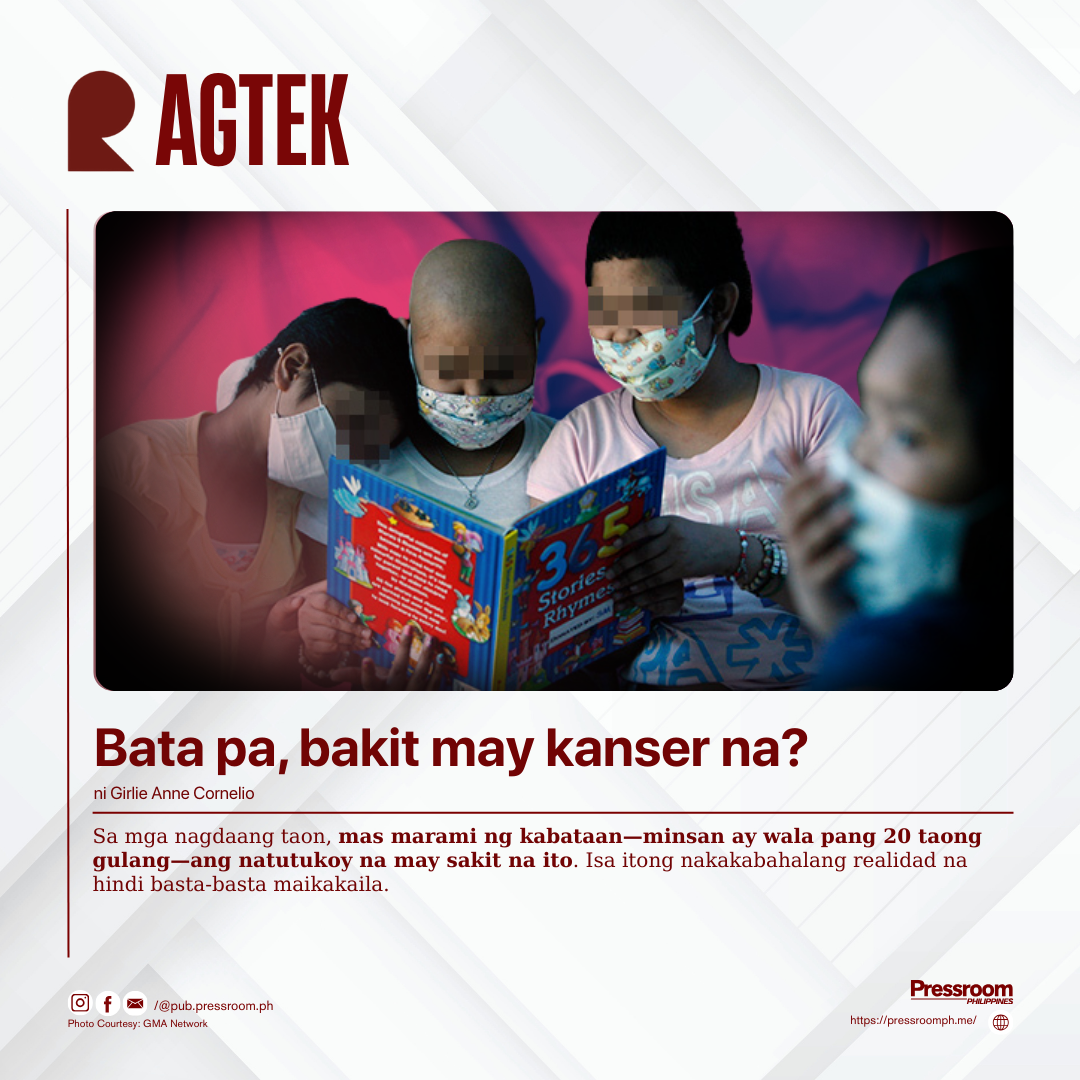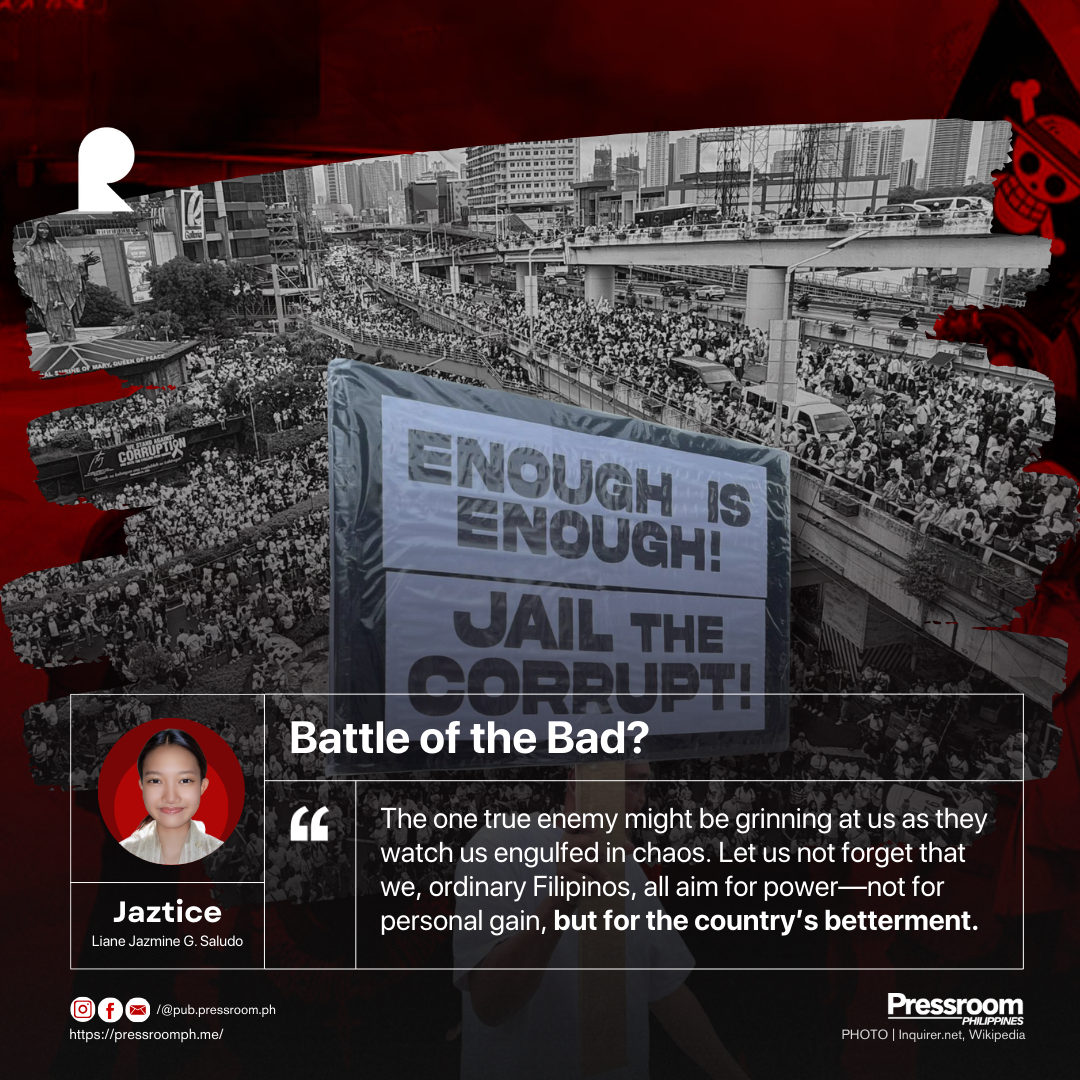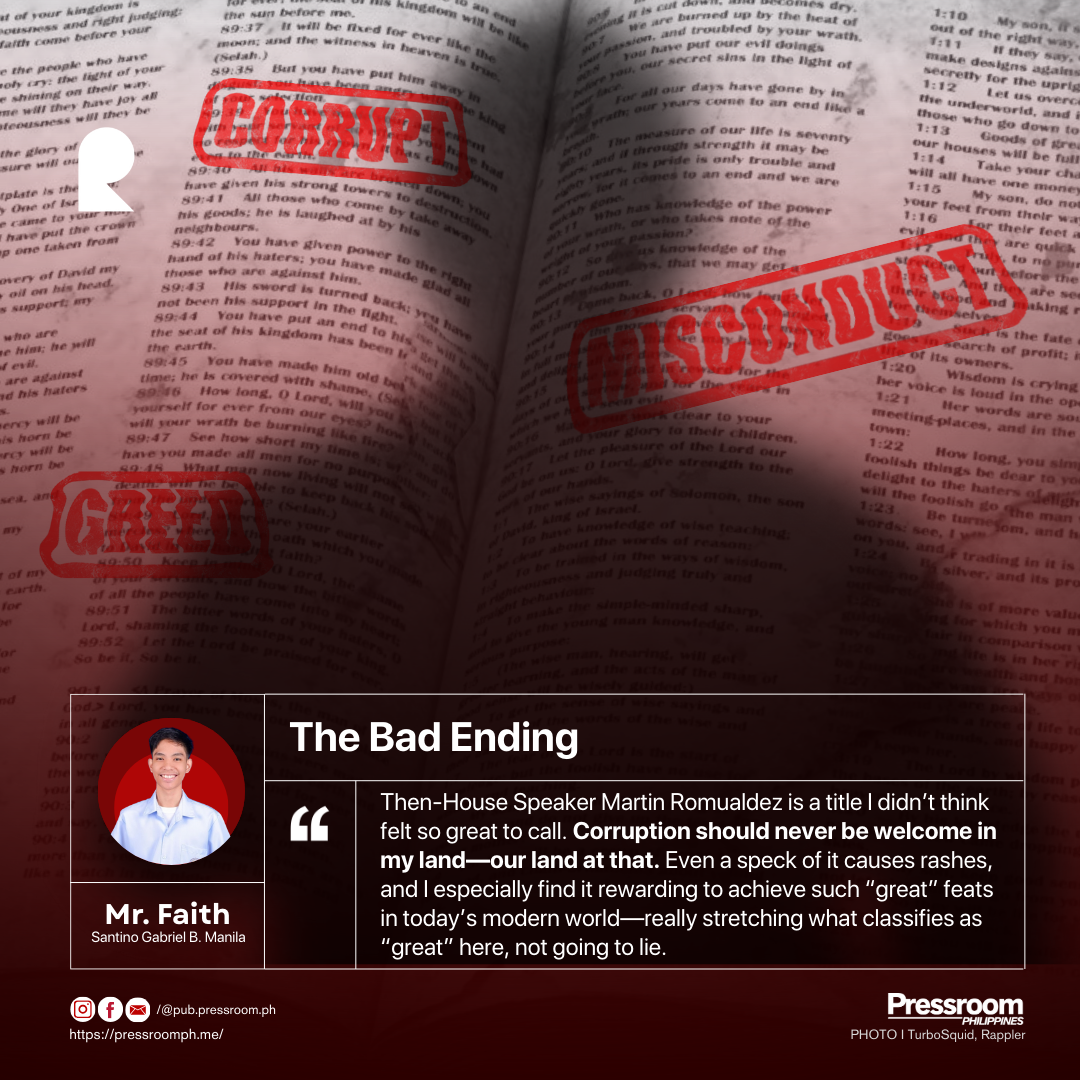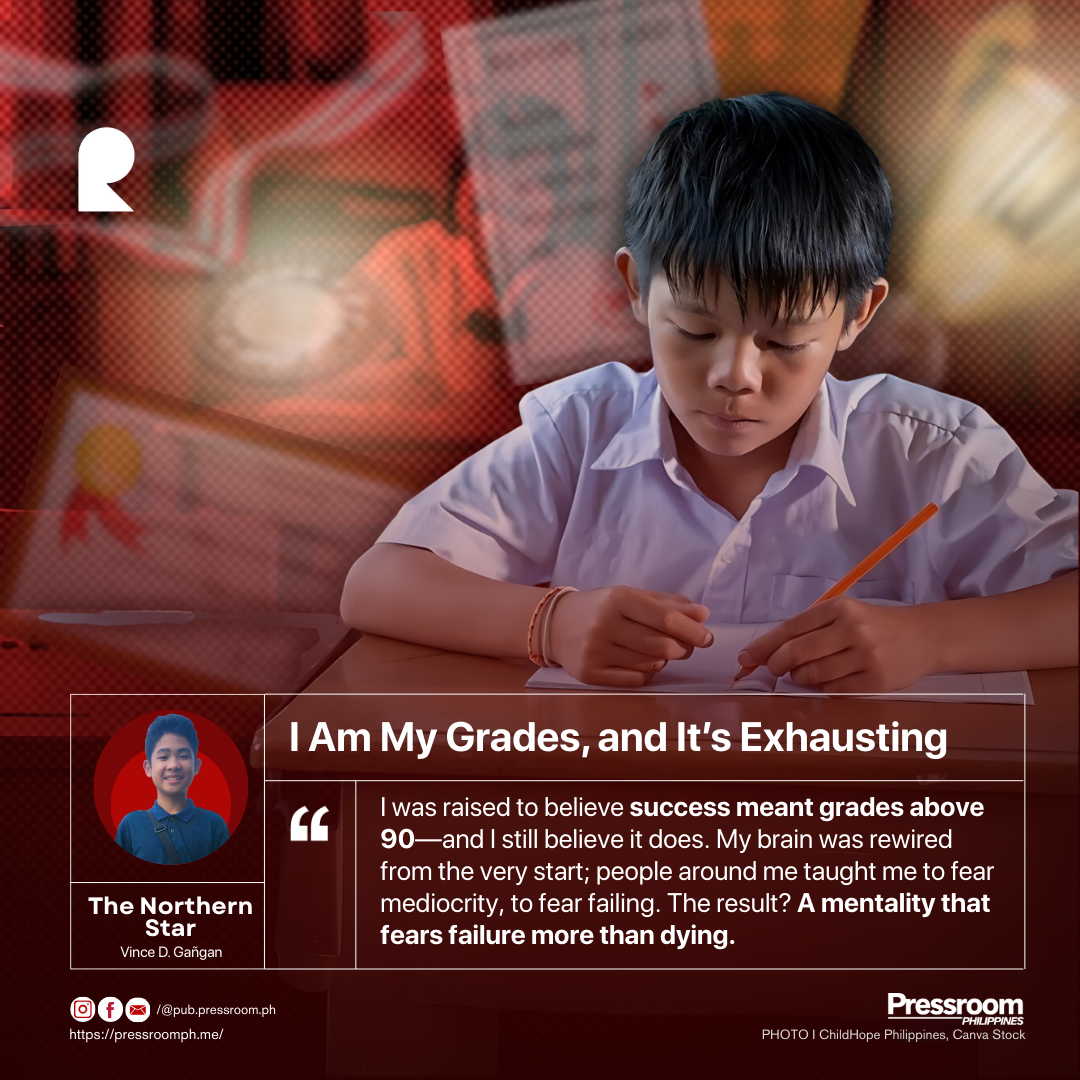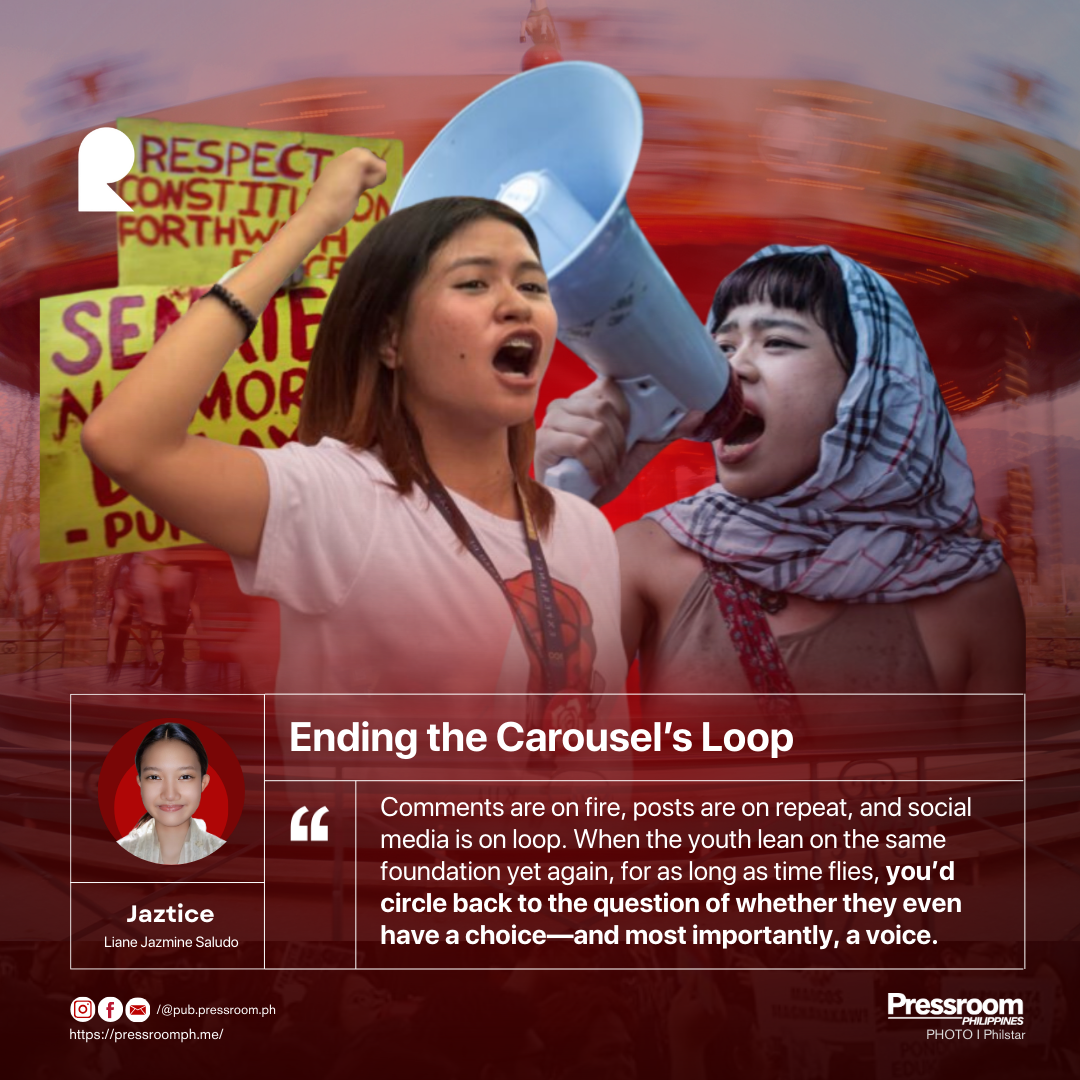The moment Rodrigo Duterte rose to power, he carried himself like an untouchable strongman. His so-called “war on drugs” painted itself as a solution to crime, but in reality, it was a war waged against the poorest and most vulnerable Filipinos. Thousands of lives were lost in the process, many without trial, many without justice. Looking at it now, it was not leadership at all—it was impunity laid bare.
The International Criminal Court’s move to hold Duterte accountable is not foreign meddling, as his defenders claim. It is the law catching up to a leader who long acted as if he were untouchable. When local institutions failed to protect the vulnerable, international justice became the last resort. Victims cannot be expected to simply endure silence.
Many continue to argue that Duterte delivered results, that the streets were somehow safer. But real safety cannot be measured in blood or in fear of the police. Order built on killings and intimidation is not order, it is terror dressed in the clothes of governance. That is not justice, and it never will be.
This reckoning should also force us to confront our own complicity. As a nation, we allowed impunity to thrive. Some cheered, many stayed quiet, and the remaining chose to look the other way while human rights were trampled. Accountability is not only for one man; it is also a mirror held up to the society that enabled him.
Defenders will insist that Duterte is a hero unfairly targeted by foreign courts. Yet true heroes do not hide from scrutiny, and true leaders do not run from the truth. Justice should not be feared unless there is something to conceal.
The arrest of Duterte is not the end of the story, it is only the beginning of a long pursuit of justice. It is a chance to put victims back at the center of the narrative, to remind the world that behind every statistic is a grieving family still waiting to be heard.
Because at the end of the day no one is above the law—not a drug dealer, not a police officer, and certainly not a president.
